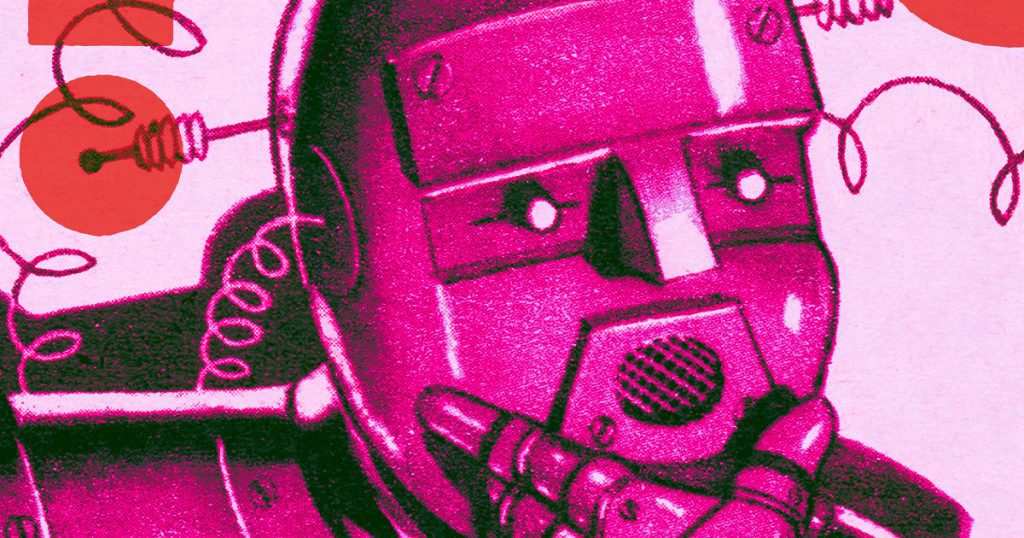The batteries used in electric vehicles (EVs) create a variety of difficulties. They come at a high cost. Materials like cobalt are used that have been connected to supply chain abuses of human rights and the environment. Electric Vehicles (EVs) batteries also pose a fire hazard. They take a while to recharge completely. Although several organizations are busy developing better batteries, the time it takes to complete the research and development phase is considerable.
One company, Chemix, is utilizing AI to help it work more quickly. It’s no secret that the San Francisco Bay Area is home to some of the most innovative and forward-thinking technology in the world. The information is then processed by the company’s software platform, Mix, which speeds up the iterative process by assisting in the design of new versions for testing.


Kaixiang Lin, CEO, and co-founder, has worked on battery design as a doctorate student at Harvard, a postdoc at Stanford, and at another battery firm. “It’s suggesting new molecules for us to test every day,” he says. Due to the low degree of human involvement, we refer to this as “battery R&D on autopilot.”
300 percent more efficient EV batteries
He claims that the technique only needs six months to design batteries that are 300 percent more efficient than those now available.
The firm’s clients include electric vehicle producers actively seeking improvement. Its first commercially available product is a battery for UBCO, a New Zealand manufacturer of off-road electric motorcycles. They sought to make a bike without using cobalt or other metals with questionable mining practices, according to Lin. The new battery design went above and beyond expectations by getting rid of nickel as well, another metal whose mining causes environmental damage. (The current use of nickel in batteries has led to projections of a 40-fold increase in demand for the metal over the next couple of decades.)
Later this year, Chemix plans to release a new battery that can be used in any electric sports vehicle or motorcycle. The system is constantly working on a better design, and a product is released only when its performance meets customer expectations. The development, according to Lin, is ongoing. So, “we’ve already begun the second generation of performance even before we ship the first product.”
AI developing electric vehicles (EV) Batteries
The company is collaborating with producers to bring its ideas to life. Each design uses interchangeable components that can be utilized in lieu of their existing counterparts without any investment in new machinery at battery production facilities. Instead of trying to invent a brand new method of production, which Lin sees as fraught with danger, his company can make use of the one already in place for lithium-ion batteries and rapidly expand production of its recipe and formulation.
People are sharing the office with you. Robots and artificial intelligence were recently utilized by researchers at Carnegie Mellon to develop quicker-charging batteries. (One of the researchers also helped develop Aionics, a company that makes artificial intelligence batteries.) It’s also expected that AI will be increasingly used to improve battery design. While Lin acknowledges that some businesses are primarily concerned with providing a software platform, he stresses the importance of consistently collecting high-quality data to feed the AI.
In the long run, it has the potential to revolutionize battery production in the same way that AI has altered the pharmaceutical industry. To paraphrase Lin: “The combination of AI, statistics, and a data-driven approach really transformed that industry.”




